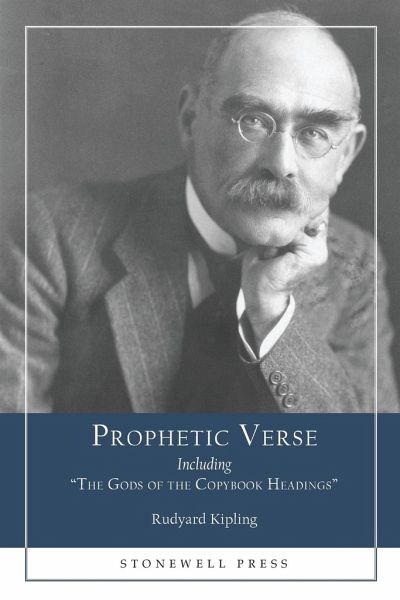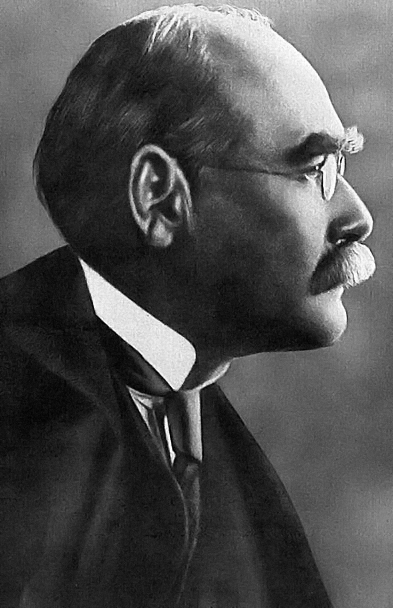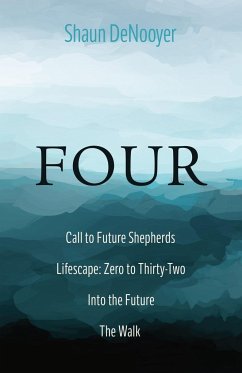
Prophetic Verse
Including "The Gods of the Copybook Headings"

PAYBACK Punkte
8 °P sammeln!
This new collection includes such impressive classics as "The Gods of the Copybook Headings," "The City of Brass," "Recessional," "Jubal and Tubal Cain," "When Earth's Last Picture Is Painted," "If," and many, many more. With prophetic vision, Rudyard Kipling's timeless verse speaks clearly to our own times. He was a keen observer of human nature-and of his times-which were much like our times: government leaders who were inept or corrupt or both, foreign conflicts that never seemed to end (or simply cropped up in other places), a populace who had largely forgotten God, and a general confusion...
This new collection includes such impressive classics as "The Gods of the Copybook Headings," "The City of Brass," "Recessional," "Jubal and Tubal Cain," "When Earth's Last Picture Is Painted," "If," and many, many more. With prophetic vision, Rudyard Kipling's timeless verse speaks clearly to our own times. He was a keen observer of human nature-and of his times-which were much like our times: government leaders who were inept or corrupt or both, foreign conflicts that never seemed to end (or simply cropped up in other places), a populace who had largely forgotten God, and a general confusion about what was right and what was wrong. "Kipling was something rarer than a philosopher; he was a prophet," wrote T. S. Eliot. "He had a gift for prophecy." Kipling's warning voice sounds a clarion call to the troubled and stumbling world of the 21st century.













